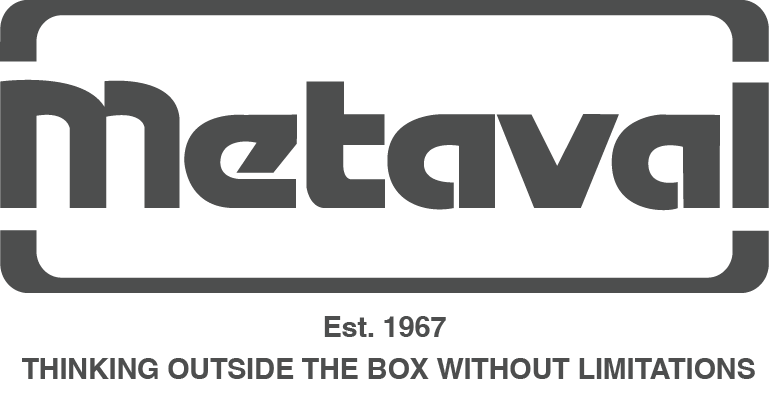
The manufacturing industry is at a pivotal moment, driven by rapid technological advancements and the integration of artificial intelligence (AI). As we step into 2025, AI is not just a tool but a game-changer, reshaping how factories operate, how products are made, and how businesses compete. From predictive maintenance to intelligent automation, AI is redefining efficiency, productivity, and innovation in the manufacturing landscape. So, what’s changing, and what lies ahead?
The Evolving AI Landscape in Manufacturing:
In 2025, we anticipate a significant increase in the adoption of AI across various manufacturing domains. Key areas to watch include:

Predictive Maintenance: AI-powered systems will analyze real-time sensor data to predict equipment failures, enabling proactive maintenance and minimizing downtime. This will be crucial for optimizing the lifespan of critical components like valves and other fluid control systems. At Metaval, we are exploring the integration of AI-driven predictive maintenance to ensure the reliability and longevity of our high-performance valves, reducing operational disruptions for our clients.

Quality Control: AI-driven vision systems will automate quality inspection, detecting defects with greater accuracy and speed than human inspectors. This will lead to improved product consistency and reduced scrap rates. We are implementing AI-powered visual inspection to enhance the precision of our quality control processes, ensuring that every valve meets our stringent standards.
Process Optimization: AI algorithms will analyze production data to identify bottlenecks and optimize process parameters, leading to increased efficiency and reduced costs. This will be particularly relevant in complex manufacturing processes like forging and casting. By leveraging AI for process optimization, we aim to streamline our forging and casting operations, maximizing resource utilization and minimizing waste.
Supply Chain Management: AI will enhance supply chain visibility and resilience, enabling manufacturers to anticipate disruptions and optimize inventory levels. We are investigating AI-driven solutions to enhance our supply chain management, ensuring timely delivery of raw materials and finished products.
Collaborative Robotics: AI-powered robots will work alongside human workers, performing repetitive or hazardous tasks and enhancing overall productivity.
Key Things to Look Forward To:
- Enhanced Automation: AI will drive the next wave of automation, enabling manufacturers to achieve higher levels of efficiency and productivity.
- Data-Driven Decision Making: AI will empower manufacturers to make informed decisions based on real-time data analysis, leading to improved operational performance.
- Increased Flexibility and Agility: AI will enable manufacturers to adapt quickly to changing market demands and customer needs.
- Improved Sustainability: AI will optimize resource utilization and reduce waste, contributing to more sustainable manufacturing practices.
- Human-AI Collaboration: The future of manufacturing will involve seamless collaboration between humans and AI, with AI augmenting human capabilities.
Challenges and Considerations:
While the potential of AI in manufacturing is immense, several challenges need to be addressed:
- Data Security and Privacy: Protecting sensitive manufacturing data is crucial.
- Workforce Development: Manufacturers need to invest in training their workforce to adapt to the changing landscape.
- Ethical Considerations: Ensuring responsible and ethical use of AI is essential.
Closing the Loop with Metaval:
At Metaval, we are committed to embracing innovation and leveraging the power of AI to enhance our manufacturing capabilities. We are actively exploring and implementing AI-driven solutions to improve our products, processes, and services. We believe that AI will play a pivotal role in shaping the future of manufacturing, and we are excited to be at the forefront of this transformation.






